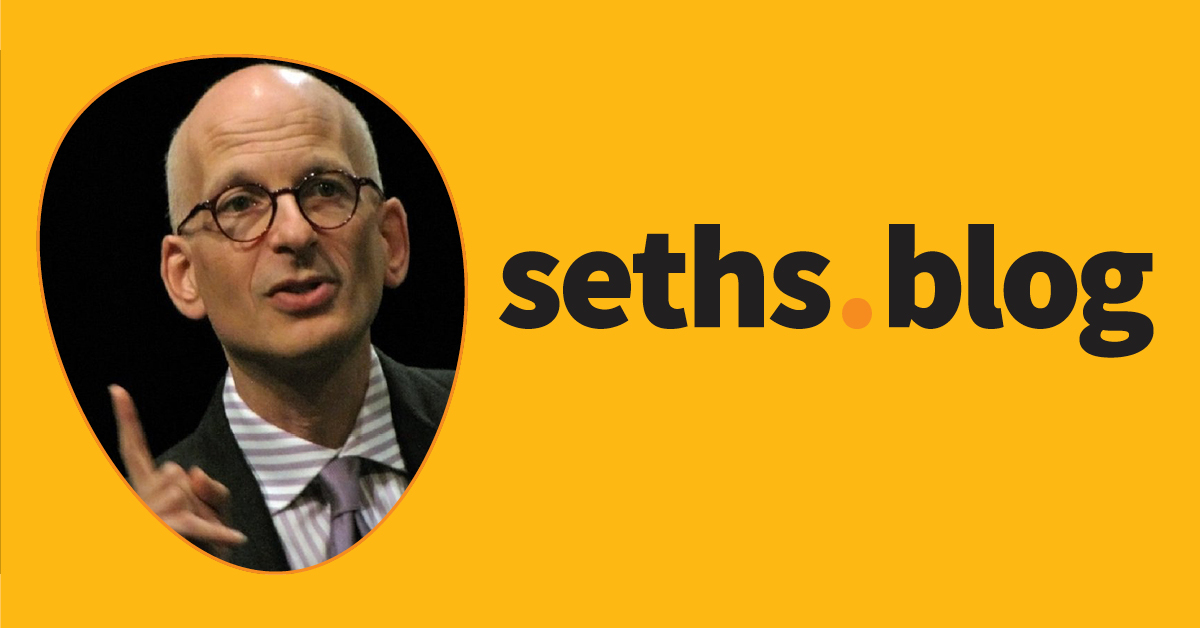Vanguard Thoughts: After 23 Years, Should I Stay or Switch to Fidelity/Schwab?
I’ve been a Vanguard customer (ahem, owner) for 23 years now. As such, I’ve also been one of those long-time customers that has been disappointed to see their struggles with customer service for their individual retail brokerage clients. One of my big decisions in 2024 was if I would move the majority of my assets […]


I’ve been a Vanguard customer (ahem, owner) for 23 years now. As such, I’ve also been one of those long-time customers that has been disappointed to see their struggles with customer service for their individual retail brokerage clients. One of my big decisions in 2024 was if I would move the majority of my assets to Fidelity or Schwab. Here’s another long-winded post about my thoughts about Vanguard.
Jack Bogle made a powerful decision when he created the Vanguard ownership structure. Each of the mutual funds was its own entity, and the shareholders own the funds. In turn, the member funds own the umbrella Vanguard Group. The member funds each pay their own expenses for research, management, etc. Everything is “at-cost”. There are no outside shareholders that may call for profits to put aside or dividends to be paid out to them. In theory, this means that the goals of each individual retail investor are aligned with the Vanguard executives.
However, in practice, we are entirely passive shareholders in that we have no vote over who is CEO, who is on the Board of Director, how much each of those folks gets paid (we don’t even get to see the actual number), whether the company should prioritize customer service or growth of assets or employee benefits. As with many large non-profits, the executives at Vanguard get very large compensation packages and the target is almost always growth, growth, growth. Bigger is better; more assets means the executives can justify a larger paycheck.
When I started with Vanguard, they were much smaller and there was more “fat” in the system. Their expense ratio for the flagship S&P 500 index fund something like 0.20% annually ($20 a year for every $10,000 invested). ETFs did not exist, and mutual funds usually charged users a transaction fee unless they were on a “mutual fund supermarket” with a pay-to-play structure. In turn, this made mutual funds more expensive because they passed the costs onto the customer. Vanguard refused to pay kickbacks because that would increase the costs to shareholders, so us retail investors had to go “direct” to Vanguard to get access with no transaction fees. The cheapest option was to go direct with Vanguard, and they had a “cheap and cheerful” reputation. They weren’t the best in customer service, but phone calls were answered promptly.
Then came the exchange-traded fund (ETF). ETFs were cheaper to maintain for Vanguard (and everyone else). This drove costs even lower. ETFs could be bought and sold at any brokerage with the same transaction costs as a stock. ETFs also had inherent tax-advantages that made it much easier to avoid creating capital gains distributions. I believe a big break happened when Vanguard stopped holding the mutual fund and ETF expense ratios at the exact same level. Everyone was incentivized further to hold the ETF version.
Today, the expense ratio for the flagship S&P 500 index mutual fund is only 0.04% annually ($4 a year for every $10,000 invested). But the ETF version is only 0.03% annually ($3 a year for every $10,000 invested). There are both certainly much cheaper than 20 years ago, but today each of their ETFs also has at least two other competitors at the same low expense ratio. Vanguard probably feels forced to keep their ETF costs as low as possible, lest they hurt their “low-cost” brand.
However, since each Vanguard fund has to pay for its own expenses including customer service costs, Vanguard is now incentivized to have you hold your ETF at another brokerage. (And once you start holding Vanguard ETFs in another brokerage, technically you should be rooting for lower costs and thus Vanguard to spend less on customer service as well.) Trades are zero now everywhere. But every single customer service call still has to be paid for somehow, and from this perspective, you can begin to understand why their customer service has gone downhill. Their margins are purposefully thin and the only solutions are to either raise their expense ratios a tiny bit (slower growth and perhaps lower executive salaries) or just try to keep spending as little as possible on customer service.
Guess which one they picked? From WSJ article (gift) Vanguard’s Die-Hard Customers Have a Message for New CEO: ‘The Service Is Abysmal’:
Brokerage-account customers were also recently warned that “excessive reliance on phone associates” could lead to additional fees or account termination.
Importantly, Vanguard has limited ways to subsidize the low costs of their ETFs. Meanwhile, Fidelity still makes a ton of money upselling customers to a variety of wealth management services. Schwab earns hundreds of millions extra by quietly pays zero interest on their cash sweep (they recently dropped it to 0.05% APY in December 2024), pocketing an average of 2% to 3% on their customer’s idle cash. Robinhood lets me trade random crypto 24/7 and promotes active trading which results in an insane amount of payment for order flow.
Is this the natural end for Vanguard? Will they just make the commodity product and let others distribute it and deal with customers?
This is why the new CEO will undoubtedly have a big focus on low-cost wealth management. This will allow them to charge customers a higher fee for increased financial advice and customer service. They would finally have something to upsell. The only other alternative is for them to raise Vanguard brokerage fees so that the retail customers pay directly for the additional services they require.
In the end, I asked myself, “If something happens to me, would I rather have my wife deal with Vanguard, Fidelity, or Schwab?” She may end up wanting to pay for extra assistance and advice. Vanguard would have the worst customer service, but perhaps they will come up with a reasonable-cost advisory system. Fidelity and Schwab would undoubtedly be happy to provide her additional financial advice as well, likely at a higher price. Fidelity has solid customer service in my opinion, but I don’t really like their wealth management options based on my past experiences helping older relatives. Schwab has a conveniently-located physical branch near us, but I have a bad taste in my mouth after their “Intelligent Portfolios” zero-interest-cash-is-good-for-you fiasco. (See CBNC article Charles Schwab to pay $187 million to settle SEC charges that it misled robo-advisor clients on fees.)
In the end, I have punted my decision and taken a wait-and-see approach. (Well, I did let my Vanguard IRA assets move over to Robinhood as a 5-year test run. But the majority of my assets are still at Vanguard.) I don’t see a clear winner. Perhaps Vanguard will shore up their customer service to “decent enough” and use AI to create a at-cost/low-cost advisory platform for the masses. Perhaps the Fidelity model of solid customer service plus a whole bunch of both low-cost and higher-cost menu items is the best one. Perhaps I will place the highest value on a local Schwab human rep.
Image credit: Canva AI generated with prompt “HMS Vanguard in rough seas”
What's Your Reaction?
















































































